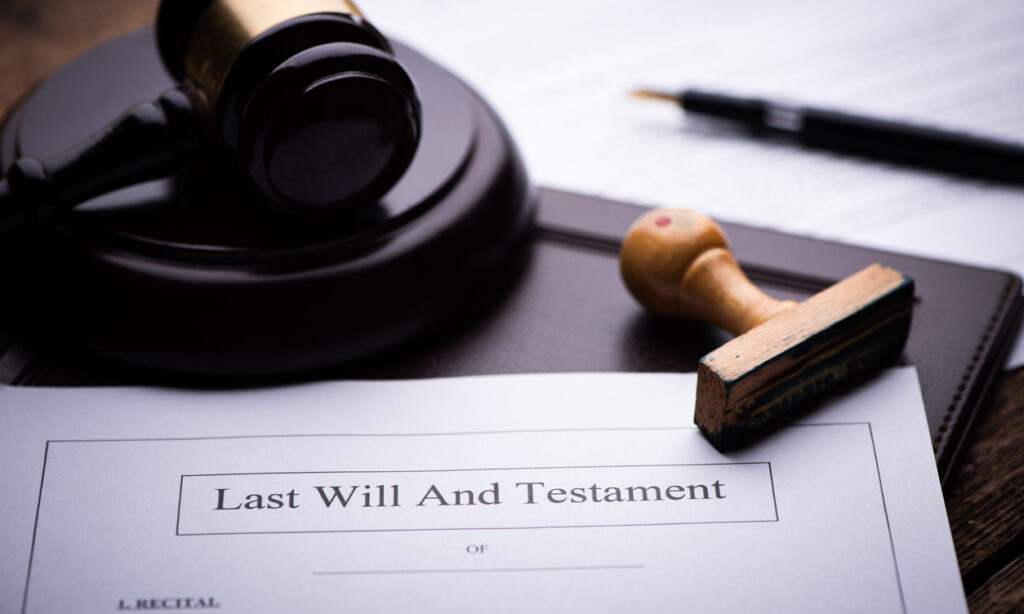Many people are not aware of these important trusts and the protection they can offer to an award of compensation following a personal injury. While they are not suitable for everyone, those settling a claim should consider setting one up.
What is a personal injury trust?
A personal injury trust is a special type of trust that is set up to hold an award of compensation following a personal injury. This could be from a successful claim following an accident, medical negligence, abuse and even a claim under the criminal injuries compensation scheme.
If you need legal advice on any of the above claims mentioned, our team in Lime Solicitors helps thousands of people and families in the UK who are seeking legal support get the appropriate guidance they need.
Visit Lime Solicitors to find out more >>
What are the advantages of setting up a personal injury trust?
Setting up a personal injury trust is a great way to protect your entitlement to means-tested benefits.
Once your claim has settled, or once you receive an interim payment, any money you hold will be subject to means testing for certain benefits or local authority support. There can be a 52 week disregard period applicable to payments but the rules vary depending on which benefits you wish to claim.
This means that if you are already in receipt of means tested benefits or if you need to claim them in the future, your money from the claim may be assessed and you may not be able to claim until your money reaches the threshold for that benefit – for example for local authority means tested care that figure is currently £23,250.
A PI trust is a rare example of where you can place assets into trust and not be accused of deliberately depriving yourself of assets in order to avoid a means test. This is because they have special status in law and are another way of the legal system putting people who have been injured as a result of an accident that was not their fault, in as similar position as possible as if the injury had not occurred.
Even if you do not currently receive benefits, there may be a time where you need or wish to claim benefits, and again, if there is not a personal injury trust in place, entitlement will be affected.
Placing your award into a trust can ensure that the sum is protected and prevents it from being used by anyone else, including family members. This can be crucial for vulnerable clients and acts as a safeguard for them. It can be a relief for clients to have some help in managing the award of compensation.
What are some examples of means-tested benefits?
Examples include the following:
Universal credit– A monthly payment to help with living costs for individuals or households on a low income, or who are out of work
Housing benefit– A payment to help with rent costs for low-income individuals
Council tax support– Assistance with council tax payments for those on a low income.
Social care – care funded by the local authority
What type of trust is created and who can be a trustee?
A PI trust can be any type of trust but is usually set up as a simple bare trust – meaning the settlor (the person who has been injured) has absolute control and entitlement to the money as well as the income generated from it.
Sometimes a more complex trust can be set up and this will depend on the client’s circumstances and wishes.
When setting up a trust it is recommended to appoint at least two trustees to ensure proper management and oversight.
Anyone can be a trustee if they are over the age of 18 and do not lack mental capacity. They should also be trustworthy and not be subject to any insolvency or bankruptcy proceedings.
If you set up a trust, you have absolute discretion as to who your trustees will be, and often, many will choose their family members or those who you have confidence in to act sensibly and fairly. The settlor can (and usually is) one of the trustees and this adds another layer of protection.
What happens in the event of death?
This depends entirely on the type of trust created; however, it is most likely that a ‘bare trust’ will have been created.
Upon death under a bare trust, the assets of the trust fund will be distributed in accordance with the terms of your Will. If you do not have a Will the rules of intestacy will apply.
It is therefore important for you to update your Will following setting up a trust to ensure that the compensation monies are in line with your wishes.
Thinking about setting up a trust early in the litigation process gives you time to think through your options and makes the transition from litigation to settlement much easier. If you need help with setting up your PI trust, please contact Sarah Brack who can support you through the process.






